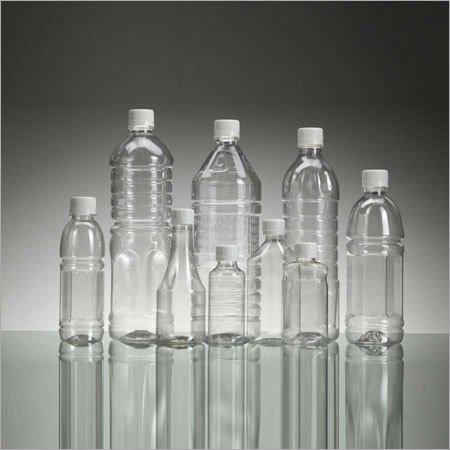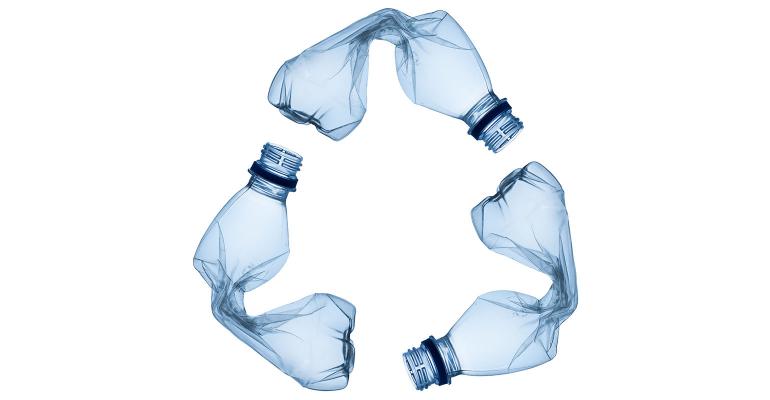Annually, around 70 million tons of PET plastic (a widely used form of plastic) are manufactured around the world– equal to about 20% of all plastic –repeated conventional recycling however degrade the quality of the plastic over time, rendering it to be mixed with new virgin plastic to keep its quality.
A French green biotech company by the name of Carbois, operating for the past 10 years, issued a press release in late September, announcing the official opening of an industrial demonstration plant that operates using an enzymatic recycling technology developed by them. They installed the plant at the Cataroux site in Clermont-Ferrand, France. The company calls this technology C-ZYME.

Currently, mechanical methods of recycling plastic are the more conventional way. C-ZYME uses an enzyme capable of breaking down the PET (polyethylene terephthalate). Cabois states that, unlike mechanical methods that degrade the quality of the recycled plastic overtime, their technology enables the production of 100% recycled and 100% recyclable PET goods that maintain their virgin quality throughout the process from many PET waste (clear, coloured, opaque, complex plastics, polyester textiles). A wider range of waste can now be recycled, as this opens up opportunities for items that conventional methods could not recycle, such as clothing. In addition, since Carbios’ recycling process can operate under mild conditions, the company estimates that this technology can help lower the carbon footprint of PET waste treatment by saving about 30% of CO2 emissions compared to the more conventional methods.
With over 99% of plastics being produced from non-renewable resources such as derived from oil, natural gas, and coal, if current trends continue, the UN states that the plastic industry could account for about 20% of the world’s total oil consumption by 2050. Technologies like C-ZYME make it possible to reduce the consumption of fossil fuels by allowing for plastics to be recycled and reused.
At present, their demonstration plant, which comprises a 20m3 depolymerisation reactor, can process 2 tonnes of PET per cycle, equivalent to about 100,000 bottles. On a large scale, this process could become revolutionary! With further tweaks into the system and technology, this innovative solution would provide the world with ways to mitigate not only pollution but greenhouse gas emissions as well.
Oynessa Laloo Marbaniang

Oynessa is an Environmental Science major who is looking to make an impact through written media.

